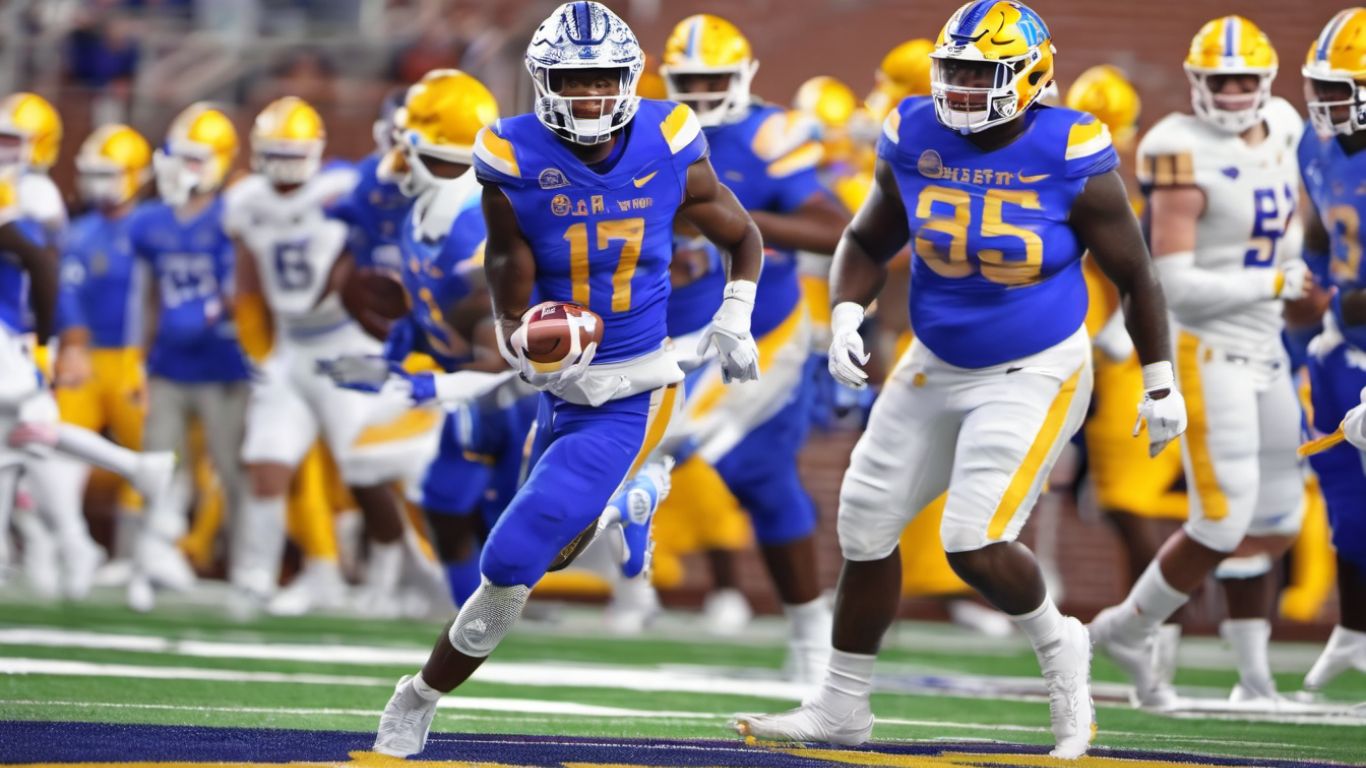In soccer, “full time” refers to the end of the regulation playing time for a match, typically 90 minutes. This includes any additional time added by the referee for stoppages and injuries. Understanding the concept of full-time is essential for players, coaches, and fans to know when the game will officially end and the final score will be determined.
Definition of full-time soccer
Total time in soccer refers to the end of a match after the regulation 90 minutes of play. It signifies the completion of the game and the final score. If the game is tied at the end of full-time, it may go into extra time or a penalty shootout to determine the winner.
Difference between full-time and extra-time
Total time in soccer refers to the end of the regular 90-minute playing time, which includes injury time added by the referee. On the other hand, extra time refers to additional playing time added to a match if the score is tied at the end of regular time. This extra time is typically 30 minutes, divided into two 15-minute halves. If the score is tied after spare time, the match may go to a penalty shootout to determine the winner.
Importance of full-time in soccer matches
Total time in soccer matches refers to the end of the regular playing time, typically 90 minutes. It is essential because it determines the match’s final outcome and whether a team has won, lost, or drawn. During the whole time, the referee may add time, known as stoppage time, to make up for any time lost due to stoppages. This ensures that the full 90 minutes of playing time is completed. Full-time also marks the completion of the game and determines the final score.
How full-time affects game outcomes
Step 1: Full-time in soccer refers to the total duration of a match, typically 90 minutes divided into two 45-minute halves.
Step 2: The outcome of a game is often determined by the events that occur during full-time. This includes goals scored, penalties, injuries, and other significant moments impacting the final result.
Step 3: Teams must strategize and manage their players’ stamina and energy levels throughout the whole time to achieve their desired outcome. Fitness, endurance, and mental focus are crucial factors affecting game outcomes during full-time.

Examples of memorable full-time moments in soccer history
Full-time in soccer refers to the end of the regular playing time, typically 90 minutes, not including extra time or penalty shootouts. Some memorable full-time moments in soccer history have Diego Maradona’s “Hand of God” goal in the 1986 World Cup, Zinedine Zidane’s headbutt in the 2006 World Cup final, and Lionel Messi’s incredible solo goal for Barcelona against Getafe in 2007. These moments have become iconic and are often remembered as defining moments in soccer history.
1. What does “full-time” mean in soccer? In soccer, “full time” refers to the end of a match’s regulation time, typically 90 minutes. If the score is tied at the end of full-time, the game may go into extra time or a penalty shootout to determine the winner.
In conclusion, “full time” means the end of the regular 90-minute game play in soccer. If the teams are tied at the end of full-time, the game may go into extra time or a penalty shootout to determine the winner. Understanding the concept of full-time is essential for players and fans to know when the game will officially end.








